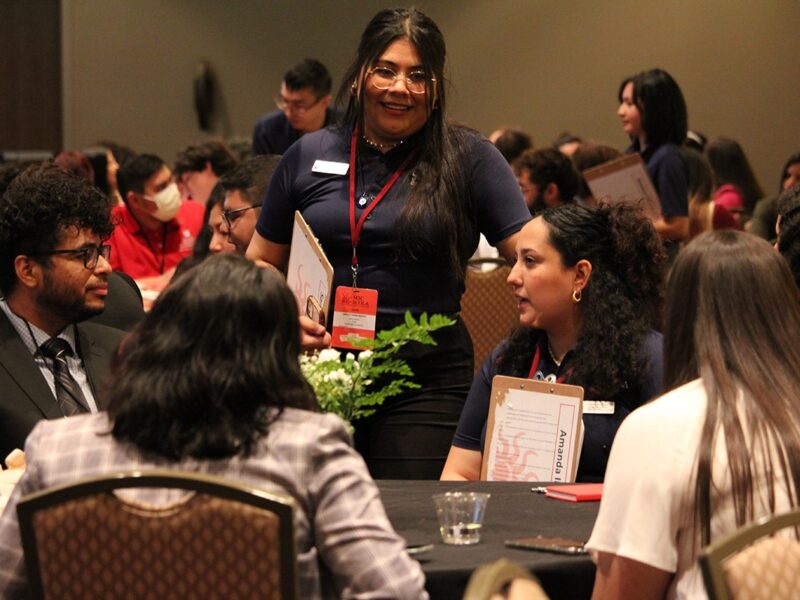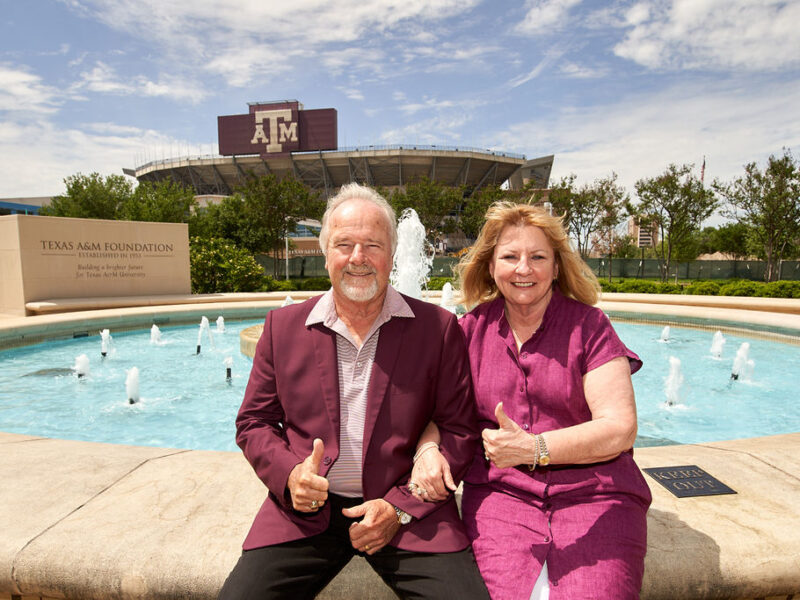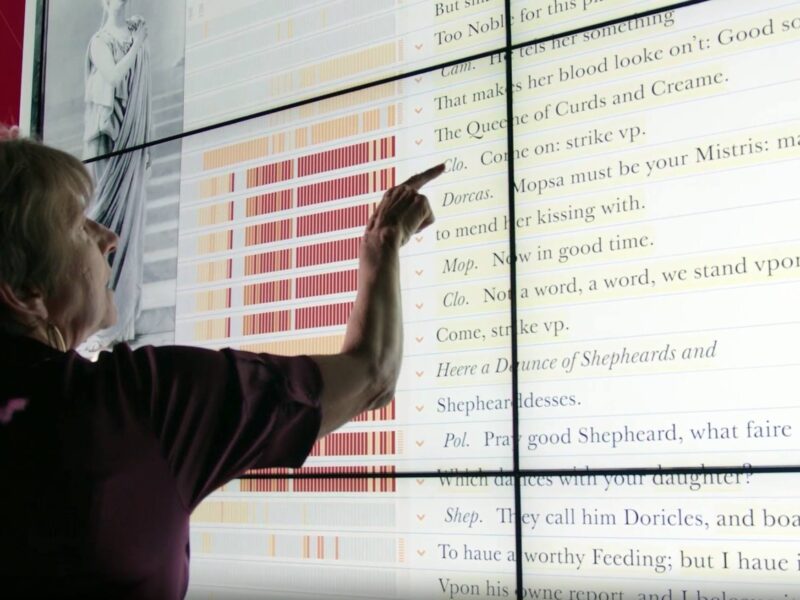Student Uses Study Abroad To Impact The Lives Of Others
 For Brandon Pichanick, studying abroad is more than just an opportunity to enrich oneself – it’s a way to impact the lives of others. An international studies major in the College of Liberal Arts at Texas A&M, Pichanick spent his summer in Rwanda as an intern for Sustaining Partners for Rural Enterprises in Agricultural Development, or SPREAD. Pichanick decided to study abroad in Rwanda after hearing about the country’s post-genocide development. He said he felt a calling when he heard about the opportunity to aid that development by working with SPREAD.
For Brandon Pichanick, studying abroad is more than just an opportunity to enrich oneself – it’s a way to impact the lives of others. An international studies major in the College of Liberal Arts at Texas A&M, Pichanick spent his summer in Rwanda as an intern for Sustaining Partners for Rural Enterprises in Agricultural Development, or SPREAD. Pichanick decided to study abroad in Rwanda after hearing about the country’s post-genocide development. He said he felt a calling when he heard about the opportunity to aid that development by working with SPREAD.
SPREAD
The SPREAD project originated from the Norman Borlaug Institute for International Agriculture and is funded by the United States Agency for International Development. It is an international collaboration of universities, industries, and non-governmental organizations to improve the coffee industry and livelihood of farmers in Rwanda. SPREAD teaches coffee and pyrethrum farmers how to improve organically grown products and to compete better in the world market. In just six years, SPREAD has helped double the income of over 20,000 farm families in Rwanda. SPREAD also helps families in Rwanda gain improved access to health care and raise awareness about health topics such as adequate drinking water, sanitation, malnutrition, malaria, prostitution, AIDS and teen pregnancy.
“I want you to tell me a story.”
Bringing an extensive theatre background with him, Pichanick and a team of students from the National University of Rwanda used community theatre to educate health officials how to combat health issues. “Theatre is generally seen as entertainment,” Pichanick said. “But in its most basic form, it is a way to get a message to the masses, an open space for education.” The team also asked the officials to communicate back with them by acting out different stories. By using theatre as a tool for teaching, Pichanick said he felt like he was able to give a voice to the people in need. Over the course of the summer, Pichanick worked with nine cooperatives to identify 29 different problems, and watched over 60 skits. In each cooperative, the team conducted five day workshops that focused on teamwork, identifying problems and solutions, and discussed obstacles to implementing those solutions. Pichanick said SPREAD provided a great opportunity to share an important lesson he learned at Texas A&M. “There’s no problem that’s too big and can’t be solved if you work as a team,” Pichanick said. “One team, one village, one country. One Rwanda.”
“You have the power to make change.”
Pichanick said that he saw significant improvement in just five days in body position, voice projection, and facial expressions. He said that these theatre skills were applicable in other areas as well. Pichanick and SPREAD taught the health officials better public speaking skills that would allow them to communicate with the families in their villages. Through the program, Pichanick said he could see the participants gain a newfound confidence in their ability to make change. He loved empowering the community leaders and encouraging them to see their potential. For Pichanick, the best part of the experience was the people he got to work with, whom he called the most hospitable and generous people he’s ever met. Pichanick said that he went to Rwanda to serve them, but they gave him much more in return.
Broadened horizons
“It really rocked my world, Pichanick said. “It gave me a lot of new inspiration for my life.” He said that although the families he interacted with lived in a lower socio-economic class than he was used to, a lot of the time they would do their best to make him feel at home. He also said his experience made him reevaluate how he looked at his relationships with people and changed his definitions of friendship, love and service. “Our choices to love and serve and be friendly are based off how much of a convenience or inconvenience helping that person may be,” Pichanick said. “In Rwanda, locals and families would go out of their ways to pay meals for me, do things for me, and serve me when in reality I was there to serve and help them.” Because of his experiences this summer, Pichanick said he has a newfound appreciation for what he has, as well as a better understanding of his own morals and values. Pichanick said he would encourage all students to go abroad and refine their world perspectives. He said it’s important for students to get out of their comfort zone and go make an impact somewhere in the world. After Pichanick graduates in May, he plans to go to graduate school and eventually begin a community theatre project in Zimbabwe.





